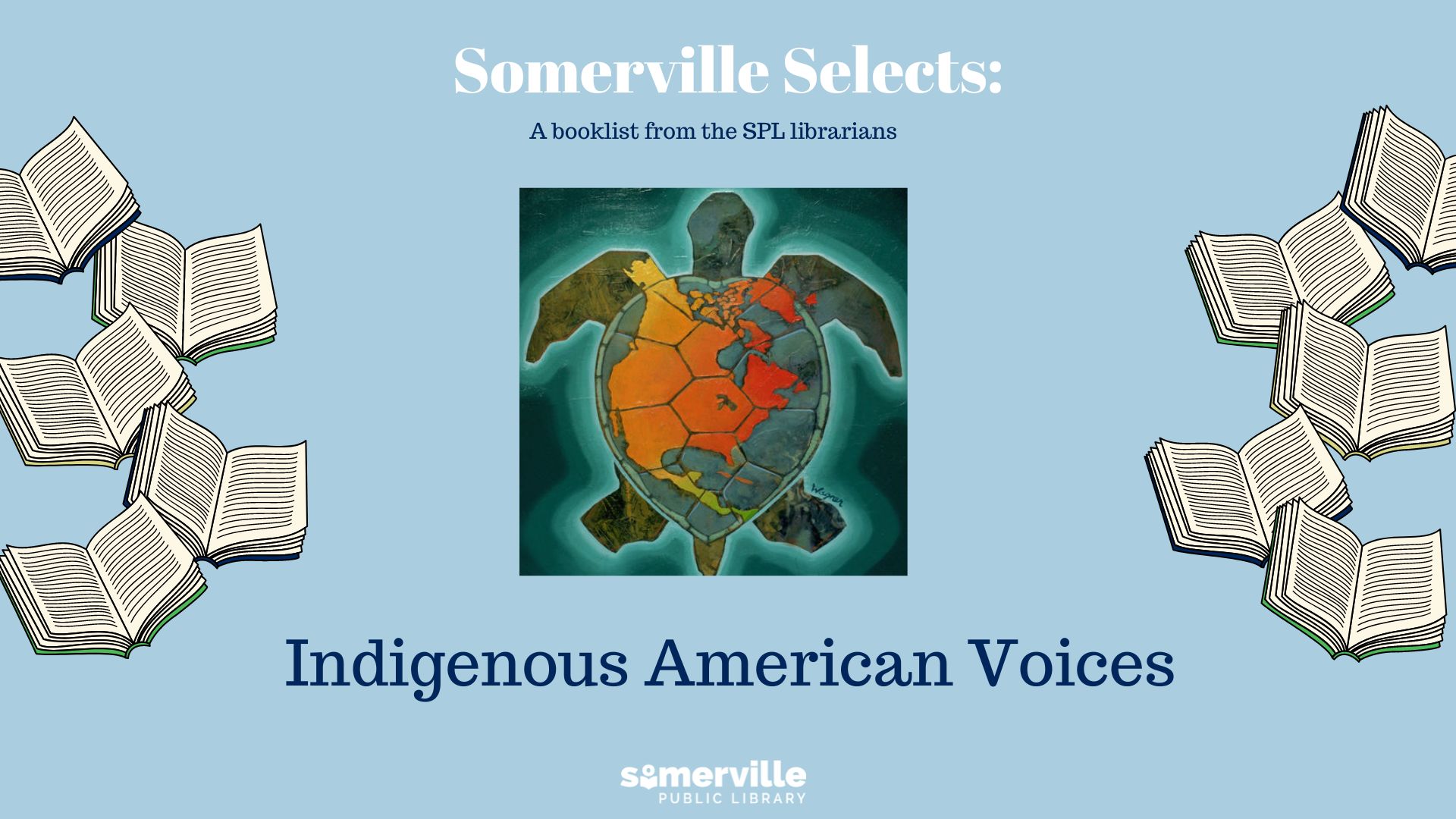
A curated booklist by your favorite SPL librarians!
Indigenous American Voices
Fiction
 |
Ceremony by Leslie Marmon Silko
In this haunting historical fiction novel, Tayo, a young Navajo man returning to the Laguna Pueblo Reservation after World War II, must work through residual trauma after being held prisoner by Japanese soldiers. Coming home to his ancestral roots, Tayo finds solace in the ceremonies, traditions, and stories of his people. |
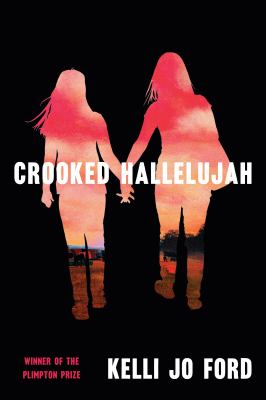 |
Crooked Hallelujah by Kelli Jo Ford
A Plimpton Prize–winning collection of compelling short stories about biracial Cherokee woman, Justine, and her daughter, Reney, who uproot themselves from Oklahoma’s “Indian Country” to Texas seeking more stability during the 1980s oil bust. |
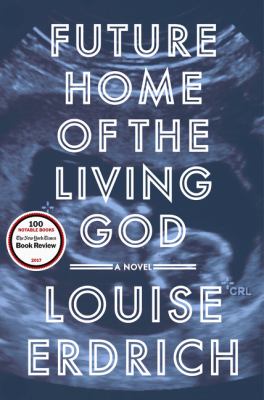 |
Future Home of the Living God by Louise Erdrich
This award-winning dystopian fiction novel takes place in a near-future Minnesota during a world-wide crisis where evolution has reversed and a “primitive” species of humans are being born. Twenty-six-year-old Cedar Hawk Songmaker, of Ojibwe descent, is pregnant and seeking answers from her birth mother as society further erodes around her. |
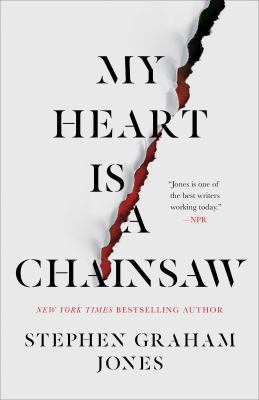 |
My Heart is a Chainsaw by Stephen Graham Jones
Acclaimed horror writer and Blackfoot Native American, Stephen Graham Jones, offers a best-selling homage to slasher movies in this dramatic, gruesome final-girl tale. Seventeen-year-old Jade Daniels, a member of the Blackfoot tribe, becomes an unlikely hero after a series of strange deaths in her Idaho hometown. |
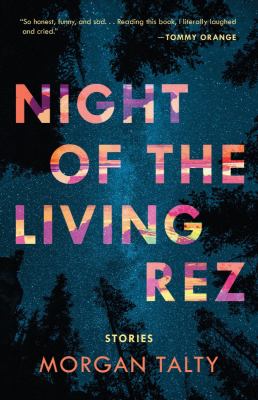 |
Night of the Living Rez by Morgan Talty
In her haunting debut collection, author Morgan Talty, a member of the Penobscot Indian Nation, shares 12 connected short stories about life for modern Penobscots living on a reservation in Maine. Balancing humor and tragedy, Talty’s stories touch upon generational trauma, the joys and hardships of reservation life, and the “consequences and merits” of inheritance. |
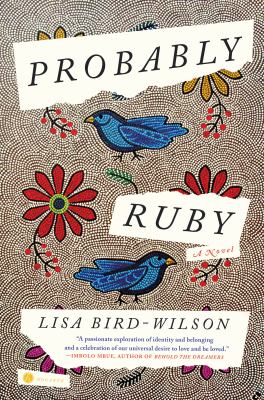 |
Probably Ruby by Lisa Bird-Wilson
Ruby, a Métis woman in her 30s raised by a White couple who understood little of her Indigenous roots, embarks on a journey of self-discovery in this moving novel of literary acclaim. Author Lisa Bird-Wilson is an award-winning Cree-Métis writer and poet, and the CEO of the Gabriel Dumont Institute of Native Studies. |
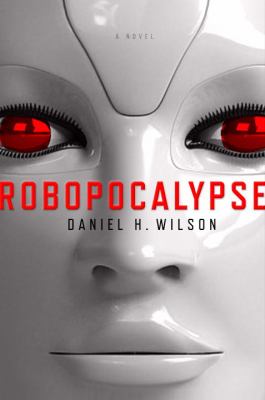 |
Robopocalypse by Daniel H. Wilson
This award-winning science fiction novel by robotics engineer and Cherokee citizen, Daniel H. Wilson, takes place in the near future when the world’s first “true” artificial intelligence declares war on humanity in the name of machinery, forcing humans to set aside their differences and form an army of resistance. |
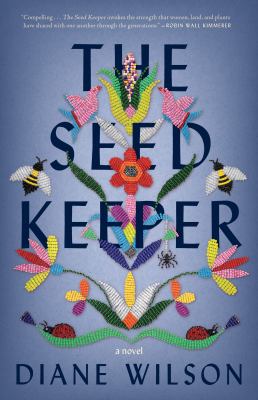 |
The Seed Keeper by Diane Wilson
Rosalie Iron Wing spent her childhood in the woods with her former science teacher dad learning about her Indigenous Dakota heritage. When Rosalie’s dad goes missing one morning, she’s sent away to live with a foster family; years later, she returns to her family home to confront her past and rediscover her identity, family, and community. |
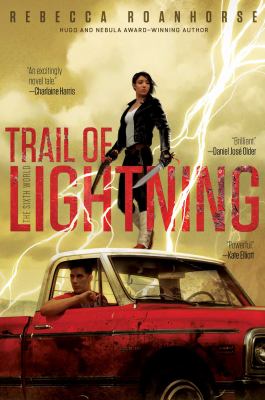 |
Trail of Lightning by Rebecca Roanhorse
A fast-paced speculative fiction novel in an apocalyptic near future. After floods submerge the majority of the planet underwater, the land of the Dinétah, home of the Navajo, is some of the only livable terrain on earth. Along with the “Big Water” came the return of gods and monsters of old, and trained monster hunter, Maggie Hoskie, is the world’s best chance of survival. |
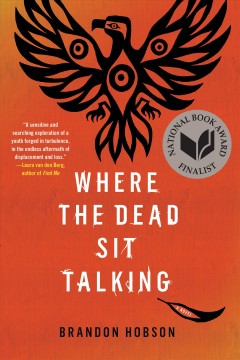 |
Where the Dead Sit Talking by Brandon Hobson
Author Brandon Hobson, member of the Cherokee Nation Tribe of Oklahoma, delivers a stunning coming-of-age story about a 15-year-old Cherokee boy in foster care in 1980s Oklahoma. While staying with the Troutt family, Sequoyah bonds with 17-year-old Rosemary over their shared Native American heritage, but not without uprooting some lingering trauma |
Nonfiction
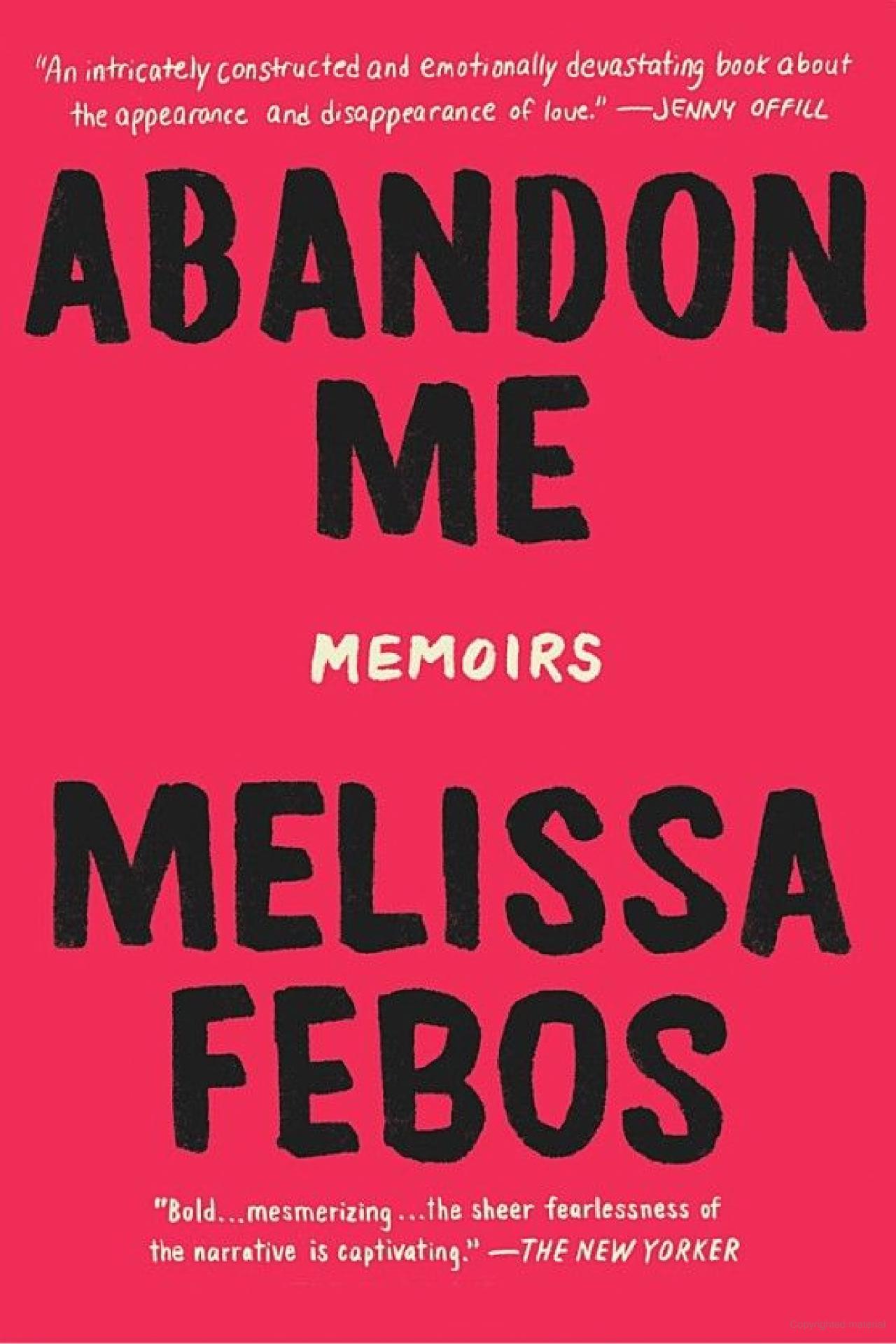 |
Abandon Me by Melissa Febos
From the author of the critically acclaimed memoir, Whip Smart, comes a new memoir about the bonds of love with family, friends, and oneself, and the human need for mutual connection. Melissa Febos, who has Native American, Puerto Rican, and European heritages, shares a collection of intimate and heartfelt essays about identity, desire, trauma, and relationships. |
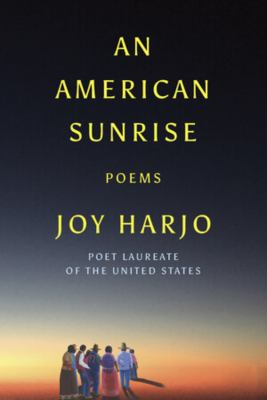 |
An American Sunrise by Joy Harjo
First Native American Poet Laureate of the United States, Joy Harjo, weaves her wealth of emotions into prose upon returning to her ancestral homelands east of the Mississippi, where her family lived before the American Government forced the Muscogee Nation into “Indian Territory” 200 years ago. |
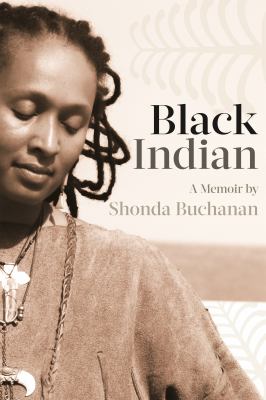 |
Black Indian by Shonda Buchanan
In this powerful memoir, Shonda Buchannan explores the impact of her mixed Black and Native American heritages and the lasting scars of racial oppression that have marred her family for generations. Inspiring and moving, Buchannan shares her family’s legacy and the “physical, spiritual, and emotional displacement” they experienced from their multi-ethnic identity. |
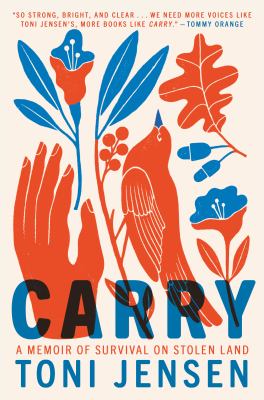 |
Carry: A Memoir of Survival on Stolen Land by Toni Jensen
In her critically acclaimed memoir, Métis woman and English professor, Toni Jensen, writes about the intersection of the Indigenous female experience and gun violence in America in a collection of unforgettable essays on the historical and personal significance of America’s legacy of violence against Indigenous women. |
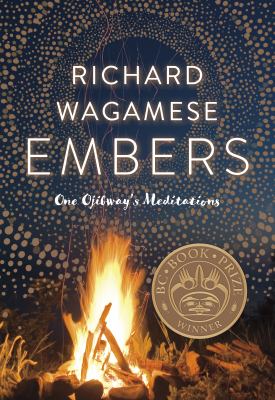 |
Embers: One Ojibway's Meditations by Richard Wagamese
An award-winning collection of reflective essays on finding joy in everyday life by leading North American Indigenous author, Richard Wagamese. Imparting wisdom and spirituality, Wagamese delves into themes like stillness, gratitude, joy, and harmony from a place of emotional honesty for a meditative and inspiring read. |
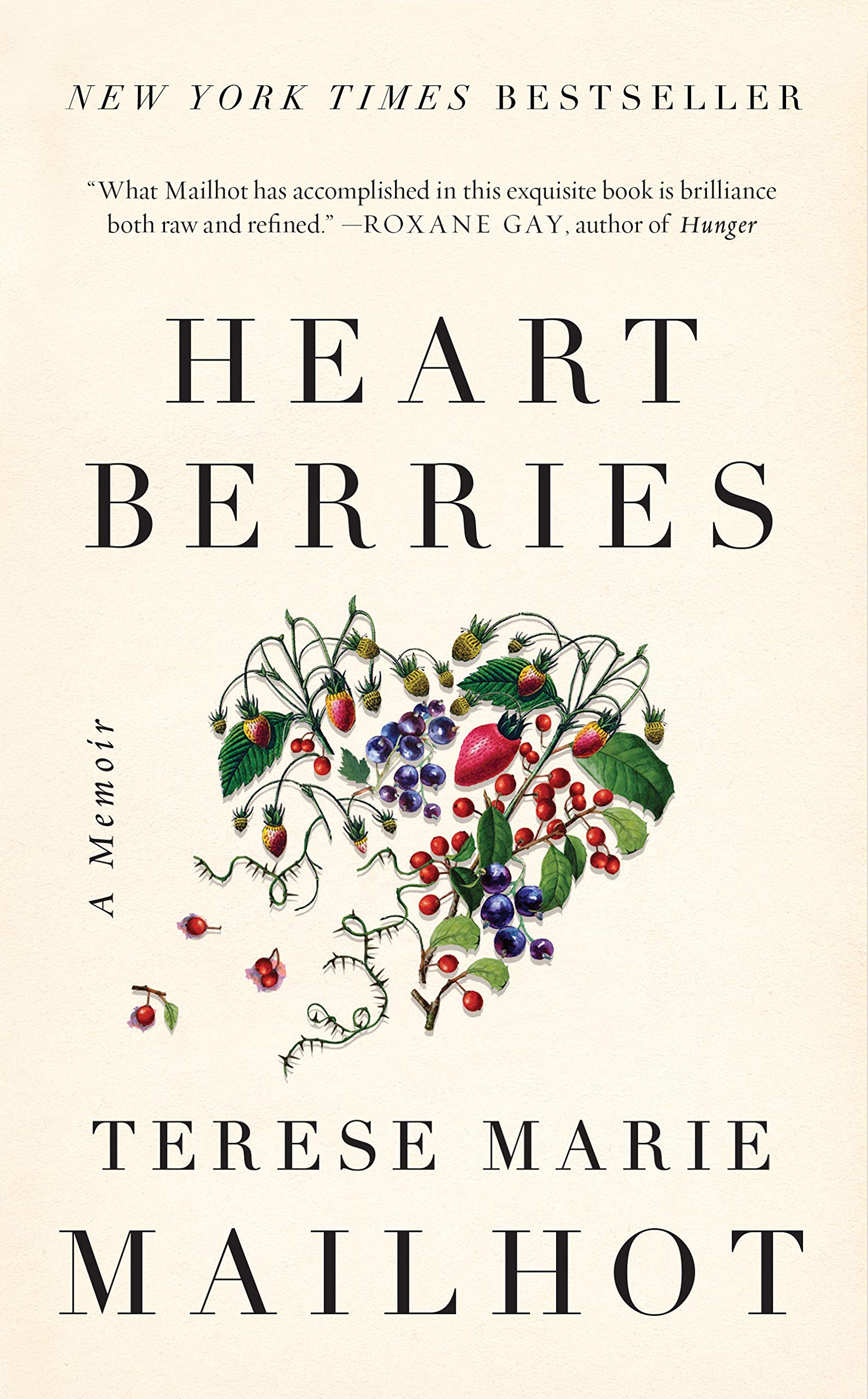 |
Heart Berries by Terese Marie Mailhot
In this unforgettable award-winning memoir, author Terese Marie Mailhot, a registered member of the Muscogee Creek Nation of Cherokee descent, delivers a sharp and honest portrayal of her traumatic upbringing and subsequent dual diagnosis of post-traumatic stress disorder and bipolar II, as she reclaims her power by writing through her trauma. |
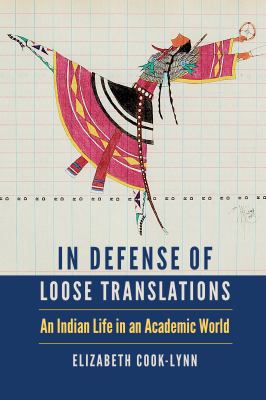 |
In Defense of Loose Translations: An Indian Life in an Academic World by Elizabeth Cook-Lynn
Professor and writer, Elizabeth Cook-Lynn, a Dakota and member of the Crow Creek Sioux Tribe, details her experiences as a woman and Indigenous person in the field of academia and her role in the development of Native Studies as an academic discipline in this engaging and thought-provoking memoir. |
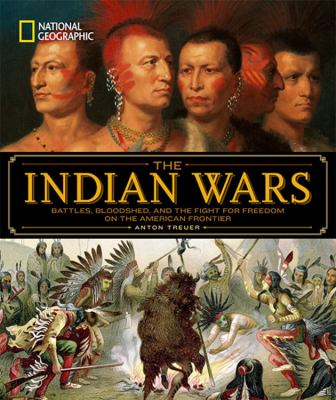 |
The Indian Wars: Battles, Bloodshed, and the Fight for Freedom on the American Frontier by Anton Treuer
An extensive history of defenders of Native American lands and the Native American way of life in the American West by Anton Treuer, Professor of Ojibwe language and culture and American History writer of Jewish and Ojibwe ancestry. National Geographic maps, informative timelines, and a complete index are also included. |
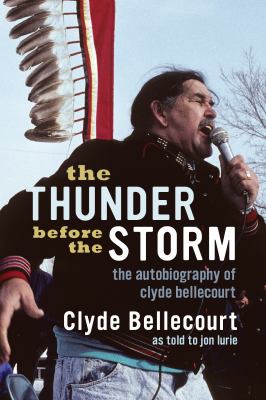 |
The Thunder Before the Storm: The Autobiography of Clyde Bellecourt as told to Jon Lurie
Activist and cofounder of the American Indian Movement (AIM), Clyde Bellecourt, recounts his experiences with AIM, the motivators for his Indigenous activism, and his commitment to spreading and sharing cultural pride in this candid and impassioned memoir, as told to writer Jon Lurie. |
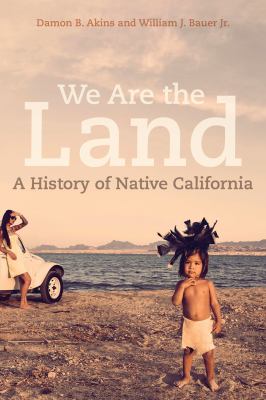 |
We Are the Land: A History of Native California by Damon B. Akins and William J. Bauer, Jr.
A thoughtful, well-researched work of historical nonfiction aimed to correct the misperceptions that exist about California Native Americans and their history by Professors of History, William J. Bauer, Jr., and Damon B. Akins. Bauer is an enrolled citizen of the Round Valley Indian Tribes. |
